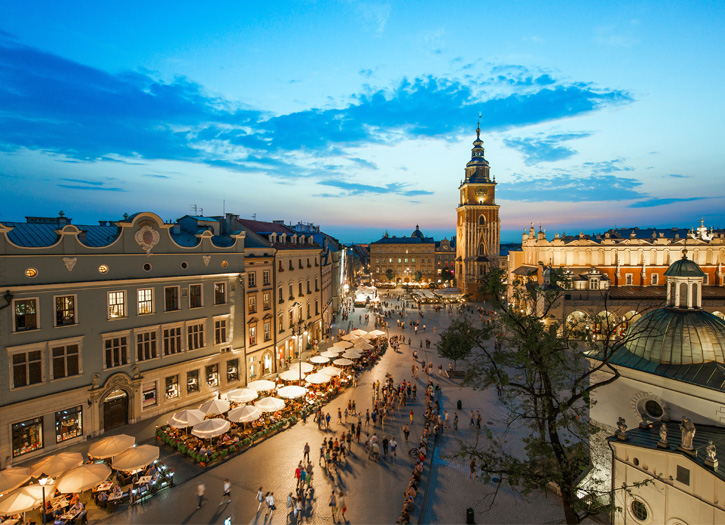The COVID-19 pandemic in Poland is part of the worldwide pandemic of coronavirus disease 2019 (COVID-19) caused by severe acute respiratory syndrome coronavirus 2 (SARS-CoV-2). In February and March 2020, health authorities in Poland carried out laboratory testing of suspected cases of infection by SARS-CoV-2, one of the seven known human coronaviruses, as well as home quarantining and monitoring. The first case of a laboratory confirmed SARS-CoV-2 infection in Poland was that of a man hospitalised in Zielona Góra, with confirmation announced officially on 4 March 2020.
As of 19 September 2020, a total of 78,330 laboratory confirmed SARS-CoV-2 cases, 63,861 recoveries, and 2,282 deaths have been reported in the country. Lockdown-type control measures started on 10–12 March, closing schools and university classes and cancelling mass events, and were strengthened on 25 March, limiting non-family gatherings to two people and religious gatherings to six and forbidding non-essential travel. The lockdown restrictions were tightened starting on 31 March–1 April by a government regulation, requiring individuals walking in streets to be separated by two metres, closing parks, boulevards, beaches, hairdressers and beauty salons, and forbidding unaccompanied minors from exiting their homes. A follow-up regulation on 10 April loosened the restrictions on public gatherings starting from 20 April, allowing religious gatherings and funerals to be held for up to a maximum of 50 people.
On 24 March, Poland’s government announced further restrictions on people leaving their homes and on public gatherings to further limit the spread of SARS-CoV-2 infections. The new limits constrained gatherings by default to a maximum of two people (with an exception for families); an exception for religious gatherings, such as mass in the Catholic Church, funerals and marriages in which five participants and the person conducting the ceremony were allowed to gather; and an exception for work places. Non-essential travel was prohibited, with the exception of travelling to work or home, SARS-CoV-2 control related activities, or “necessary everyday activities”.
A government website differed from the 31 March regulation, stating that religious gatherings were to be limited to at most five people until 19 April. Police stated that the 10 April gathering of the de facto leader of Poland Jarosław Kaczyński and nine other people, standing close together, commemorating the Smolensk air disaster by laying a wreath, did not constitute a gathering in the sense of big gatherings forbidden in relation to the COVID-19 pandemic. Former prime minister of Poland Leszek Miller described the gathering as showing contempt for ordinary people respecting the COVID-19 restrictions.
As of 20 March 2020, the number of SARS-CoV-2 tests per capita in Poland was lower than that of 22 other members of the European Union, the EFTA and the European Economic Area, and above that of Croatia and Hungary. Among 19 mostly European countries analysed by OKO.press using data from 20 March, the number of tests per positive detection was 30.8 tests per positive detection in Poland, higher than for any of the other European countries listed, including Germany (28.7) and Norway (28.1), and lower than in South Korea at 36.6 and Russia at 721 tests per positive detection.
The pandemic and the isolation measures in response to it had a serious influence on the Polish economy, especially commerce, tourism and the hospitality industries. Government-paid social insurance contributions for three months, for companies employing up to nine people, self-employed individuals and freelancers.One-off benefits of circa 2,000 PLN gross (80% of the monthly minimal wage) for self-employed and freelancers. Around 2.2 million people are estimated to be eligible for these benefits. Working permits for non-citizens are to be prolonged to 30 days after the official revoking of the state of epidemic (as of early April 2020, a formal state of emergency or state of natural disaster had not been declared), if they expire during the state of epidemic.
On 15 March, Poland closed its land borders for 10 days, and international airports for 14 days for passenger traffic, only allowing Polish residents, citizens and those with immediate Polish family to enter Poland. People entering Poland were required to be quarantined for 14 days.







Add Comment
You must be logged in to post a comment.